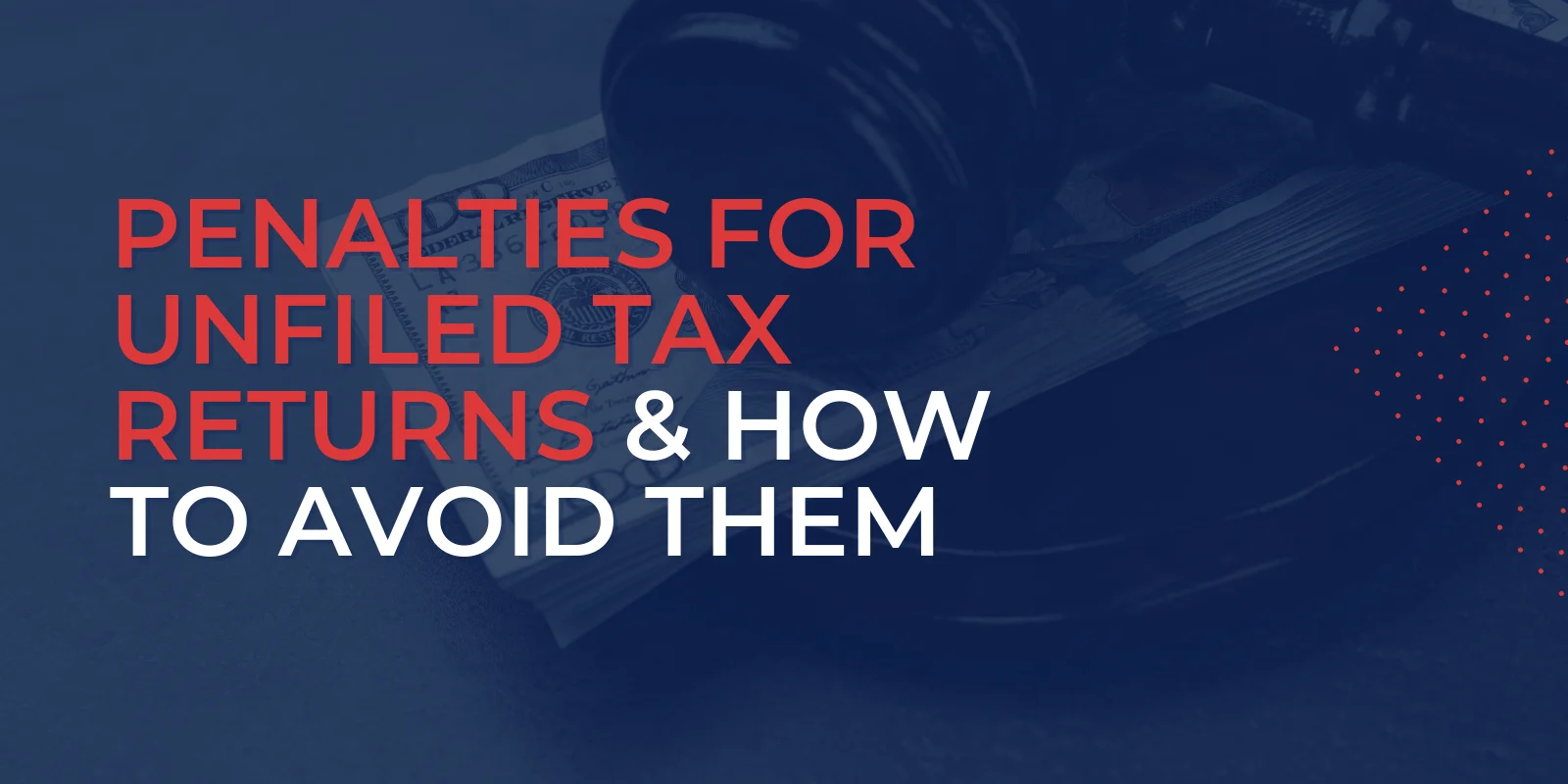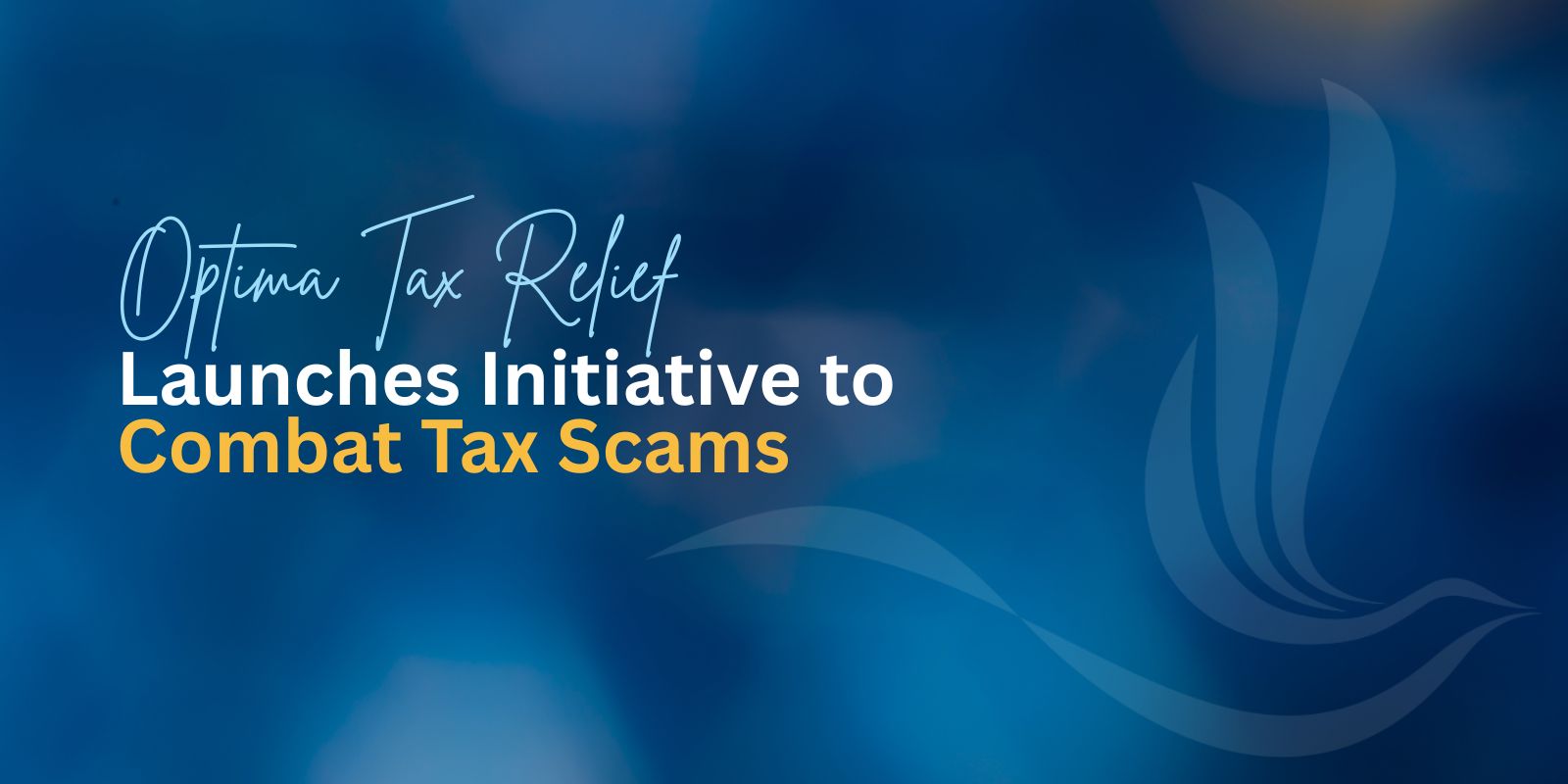When you fail to file your tax returns or pay your taxes on time, you may face significant penalties from the IRS. These penalties are intended to encourage taxpayers to comply with tax laws, and their impact can range from financial burdens to long-lasting consequences. In this article, we will explore the penalties for unfiled tax returns and provide tips on how to avoid them.
Overview of IRS Penalties for Back Taxes
The IRS imposes various penalties on taxpayers who fail to comply with tax laws. These penalties are primarily intended to ensure timely filing and payment of taxes, as well as to maintain fairness within the tax system. Taxpayers who are noncompliant or late in their filings may face a range of penalties, which can significantly increase the amount owed to the IRS.
Role of the Internal Revenue Service
The IRS is the government agency responsible for enforcing tax laws, collecting taxes, and ensuring compliance with federal tax regulations. As part of its enforcement role, the IRS has the authority to impose penalties on taxpayers who fail to meet deadlines or follow proper tax procedures. This may include failing to file tax returns, not paying taxes on time, or underreporting income. The IRS works to make sure taxpayers follow the law and pay the correct amount in taxes.
When penalties are assessed, the IRS provides information to the taxpayer through IRS notices. These notices notify of the amount owed, the reason for the penalty, and the process for resolving the issue. The IRS offers various relief options in certain situations, but it is important for taxpayers to address the penalties promptly to avoid additional charges.
Common Causes of Tax Penalties
There are several common reasons why taxpayers incur penalties. These include:
- Late Filing: Filing your tax return after the due date, even if no tax is owed, can result in a penalty. Filing late means you have not fulfilled your obligation to the IRS in a timely manner.
- Late Payment: If you owe taxes and fail to pay by the deadline, the IRS will assess penalties for late payment.
- Incorrect Calculations: Errors in calculating your taxes, such as misreporting income or deductions, can lead to penalties for underreporting your tax liability.
- Underpayment of Estimated Taxes: Self-employed individuals and business owners who do not pay enough taxes throughout the year through estimated payments may incur penalties for underpayment.
Understanding these common causes can help taxpayers avoid falling into these penalty traps.
Failure to File and Pay Penalties
The most common penalties for unfiled tax returns are the Failure to File and Failure to Pay penalties. These penalties can be assessed separately or together, depending on the circumstances.
Failure to File Penalty
The Failure to File penalty is imposed when a taxpayer fails to file a tax return by the due date. The penalty for not filing your return on time can be substantial: it is generally 5% of the unpaid tax for each month or part of a month the return is late. However, this penalty can increase if your return is filed more than 60 days after the due date.
For example, if you owe $1,000 in taxes and file your return two months late, the penalty would be $100 (5% of $1,000 for each month late). If you file more than 60 days late, the minimum penalty is $435 or 100% of the unpaid tax, whichever is smaller.
Failure to Pay Penalty
The Failure to Pay penalty is assessed when a taxpayer does not pay the taxes owed by the due date. The penalty is typically 0.5% of the unpaid tax for each month or part of a month that the tax is overdue. Like the Failure to File penalty, this penalty continues to accumulate until the tax is paid in full. The penalty can rise up to 1% per month if the taxes remain unpaid for more than 10 days after the IRS issues a Final Notice of Intent to Levy.
For instance, if you owe $1,000 in taxes and fail to pay on time, the penalty would be $5 (0.5% of $1,000) for the first month. As time progresses, the penalties will increase, and the total owed to the IRS could grow significantly.
Combined Penalty Impact
In many cases, both the Failure to File and Failure to Pay penalties may apply in the same month. When both penalties are assessed, the combined penalty rate can be as high as 5% per month. If you fail to file and pay on time, it can lead to an overall penalty rate of 5% for that month, which can have a significant impact on the amount you owe.
For example, if you owe $1,000 and are late in filing and paying, your total penalty for the first month could be $50 (5% of $1,000) due to the combined penalties. As the months go on, the penalties will continue to increase, potentially leading to a financial burden that could take years to resolve.
Seeking Relief from Penalties
While the IRS imposes penalties to encourage compliance, there are ways to seek relief from penalties. Taxpayers who find themselves in difficult circumstances may be able to have their penalties reduced or eliminated.
Penalty Abatement and Relief Options
Penalty abatement is a process through which taxpayers can request a reduction or removal of penalties. The IRS may grant penalty abatement for various reasons, including:
- Reasonable Cause: If you can demonstrate that your failure to file or pay was due to circumstances beyond your control, such as illness, natural disasters, or other unexpected events, you may be eligible for penalty abatement.
- First-Time Penalty Abatement: The IRS may offer a one-time penalty abatement to taxpayers who have a clean history of filing and paying taxes. If you are eligible, the IRS may remove the penalties for the first occurrence.
- Statutory Exception: In some cases, penalties may be abated if the IRS has incorrectly assessed the penalty or if there is a legal exception.
To apply for penalty abatement, taxpayers must submit a formal request, usually with the IRS Form 843, and provide supporting documentation to explain the circumstances.
Tax Extension Requests
A tax extension allows you additional time to file your tax return without incurring the Failure to File penalty. However, it’s important to note that a tax extension only applies to filing your return. It does not extend the deadline for paying any taxes owed. If you owe taxes and file for an extension, you are still responsible for paying the estimated amount due by the original due date. Extensions are typically granted for six months, but this time is not unlimited, so it is critical to file and pay as soon as possible to avoid accumulating penalties.
Impact of Federally Declared Disaster Areas
In situations where a federally declared disaster area impacts a taxpayer, special relief provisions may be available. These provisions can include extended deadlines for filing and paying taxes, as well as waivers for certain penalties. Taxpayers affected by disasters should check the IRS website for specific guidance related to their situation.
Additional Penalty Considerations
There are several other factors that can influence the penalties for unfiled tax returns and back taxes.
IRS Substitute Returns
If a taxpayer fails to file a return, the IRS has the authority to file a substitute return on their behalf. These substitute returns may not include all available deductions and credits, potentially resulting in a higher tax liability. It is important to file your own return to ensure all eligible tax benefits are accounted for.
Statute of Limitations on IRS Actions
The IRS has a statute of limitations on the collection of back taxes, which generally lasts for 10 years. However, this time period can be extended if the taxpayer agrees to a payment plan or if the IRS takes specific collection actions. While the IRS can pursue tax collection efforts indefinitely in certain cases, there are limitations on how long they can pursue penalties.
Estimated Tax Payments and Refund Implications
Taxpayers who fail to make estimated tax payments throughout the year may face penalties for underpayment. These payments are particularly important for self-employed individuals, business owners, and others who do not have taxes withheld from their income. If a taxpayer has overpaid their taxes in previous years, they may be able to offset some of their penalties with a refund.
Tax Help for Missing or Unfiled Tax Returns
Understanding IRS penalties for unfiled tax returns is critical to avoiding unnecessary financial burdens. Taxpayers should file their returns and pay taxes on time to avoid both the Failure to File and Failure to Pay penalties. In situations where penalties have already been assessed, there are relief options available, including penalty abatement, tax extensions, and disaster relief provisions. By staying proactive and compliant with tax laws, taxpayers can avoid these penalties and minimize the impact of back taxes on their finances. Optima Tax Relief is the nation’s leading tax resolution firm with over $3 billion in resolved tax liabilities.
If You Need Tax Help, Contact Us Today for a Free Consultation
Publisher: Source link











